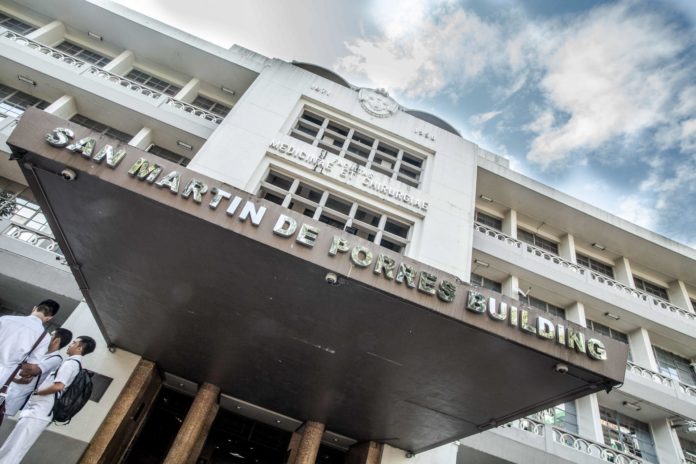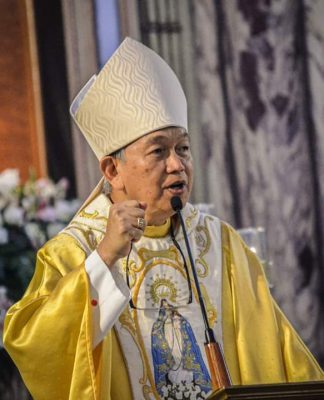THE FACULTY of Medicine and Surgery is backing the Department of Health’s (DOH) proposal for a six-year medicine program, which will eliminate the pre-medicine course.
Medicine Dean Jesus Valencia said this would be a “buffer solution” to the expected impact of the K to 12 basic education reform in the faculty by the year 2021, when there would be no graduates of pre-medicine programs such as biology and nursing.
Valencia said the faculty had begun planning for a new two-year program. Upon completion of the program, students will be able to start medicine proper, and graduate after four years.
The six-year program will also allow the faculty to cater to an “elite group of medicine students” since the number of applicants will be fewer.
“Medicine is just like any basic course na medyo toxic or hectic. A lot of times, we see quite a few students [with good] academic credentials, okay na okay sila but after two weeks or one month, they drop the course. Sayang din lang naman `yung slot na `yun.,” he said.
The shortened medicine program can ease the lack of health workers in the country especially in isolated provinces.
Shortage of facilities
Valencia however admitted the faculty was not yet prepared for the shift, as it must first address some problems like the lack of classrooms. The faculty is sharing the St. Martin de Porres Building with the College of Nursing and College of Rehabilitation Sciences.
“I’m in favor of [the proposal] pero we’ll have to be sure na we can address those major concerns once we start the program. Hindi tayo ready because of physical facilities,” Valencia said. “We are having problems with rooms.”
Given existing resources, the faculty can only hold one or two classes at most, with 75 to 100 students, for the new program, Valencia said.
DOH Secretary Paulyn Ubial said during the oath taking of newly physicians last Oct. 21 that the country needed to change the paradigm of the educational system to attract more aspiring doctors.
Under the existing scheme, aspiring physicians must study for eight years, with the first four years for a bachelor’s degree and the remaining four years for the doctor of medicine degree.
The University of the Philippines – Manila, through its Intarmed program, implements a seven-year medicine program that shortens medical education by two years.
Ubial said the country was in need of about 15,000 doctors to adequately meet the health standards of Filipinos every day. The country has a ratio of one doctor for every 33,000 patients.


















